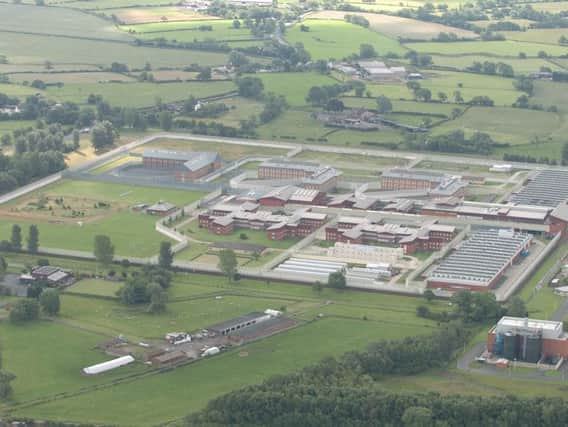Lancashire prisoner loses illicit smoking Supreme Court battle


HMP Wymott prisoner Paul Black, who has health problems exacerbated by tobacco smoke, said: “Throughout this case, I simply wished non-smoking prisoners and prison staff to have the same level of protection from the risks of second-hand cigarette smoke as non-smokers living in the wider community.”
In a unanimous ruling on Tuesday, five justices at the UK’s highest court concluded that a ban prohibiting smoking in most enclosed public places and workplaces does not apply to Crown premises, including prisons.
Advertisement
Hide AdAdvertisement
Hide AdPresident Lady Hale announced that an appeal by Black, following his defeat at the Court of Appeal last year, was being dismissed “with considerable reluctance”.
Black’s solicitor, Sean Humber said the decision has “far wider implications than simply the issue of smoking in prisons”.Black, a sex offender serving an indeterminate sentence at Wymott, near Leyland, launched legal action complaining that prison smoking rules were being flouted and should be legally enforceable.
The case centred on the 2006 Health Act which places restrictions on smoking in public and workplaces, making it anoffence to smoke in an unauthorised place.
Black won a High Court declaration in 2015 that the ban must also be applied to state prisons and other Crown premises. But appeal judges later allowed a Government challenge, ruling that the Crown was not bound by the Act.
The Supreme Court has now held that Parliament must have intended that the Crown should not be bound by the ban, “since it would otherwise have made express provision for it in the Act”.